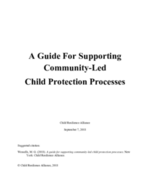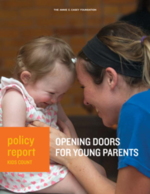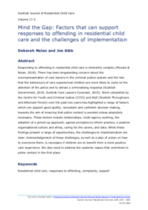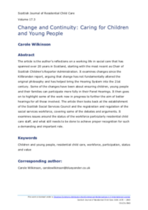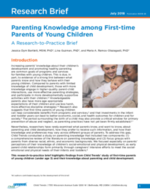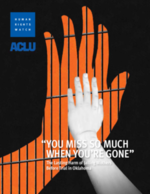A Guide For Supporting Community-Led Child Protection Processes
The purpose of this guide and its companion tools is to offer a sustainable approach to child protection in humanitarian and development settings that is community-led rather than NGO- or expert-led.

